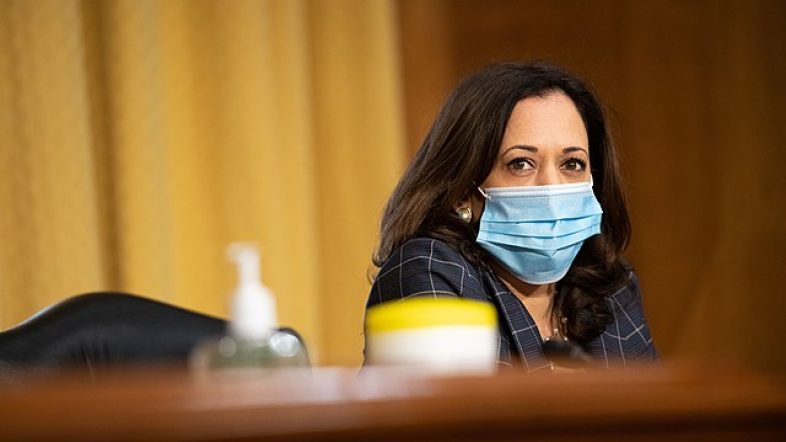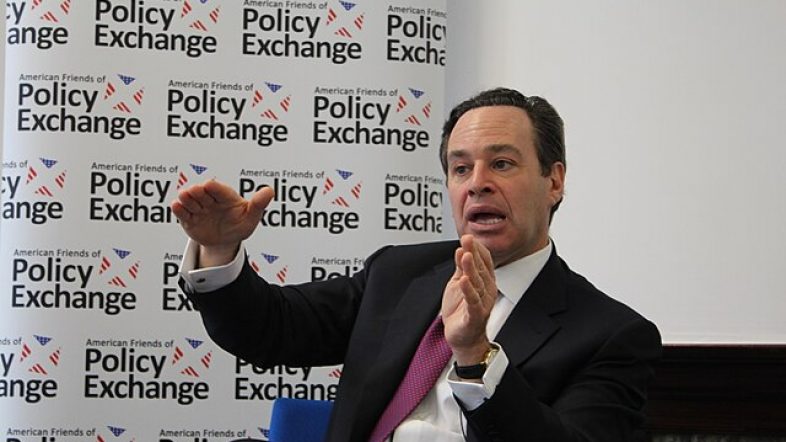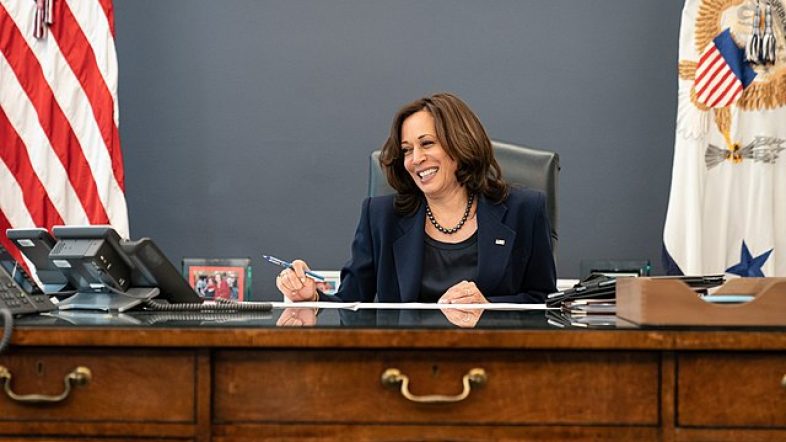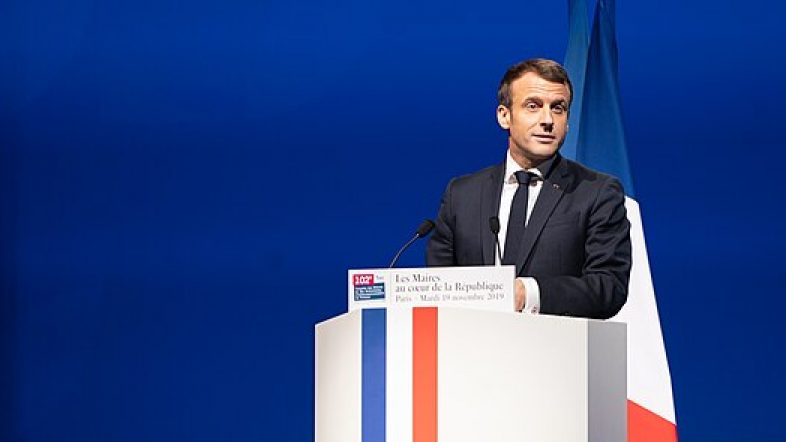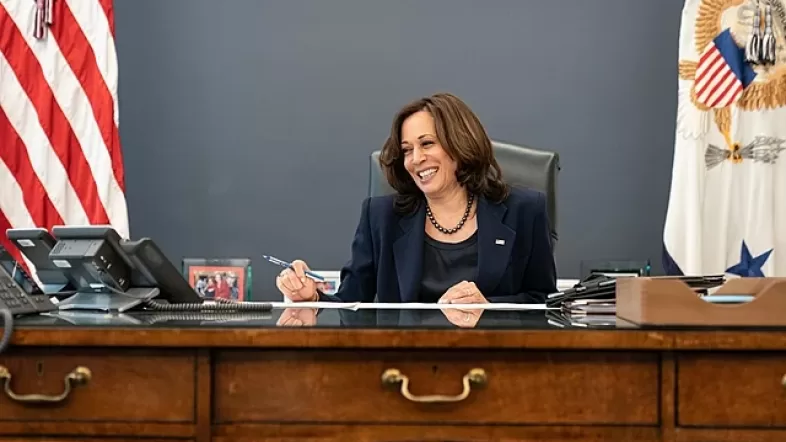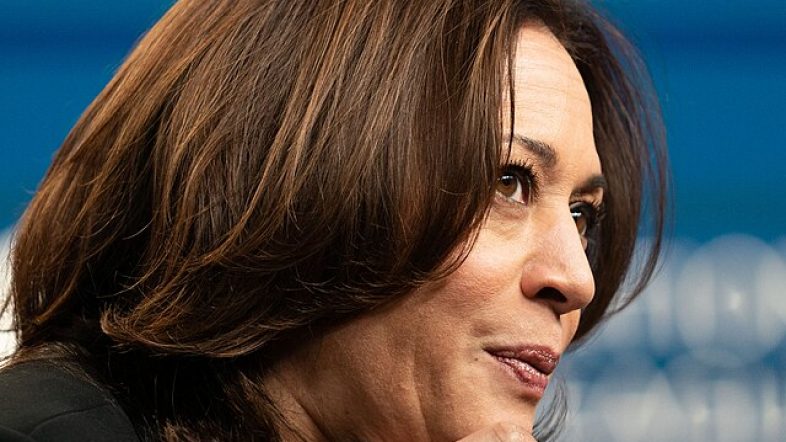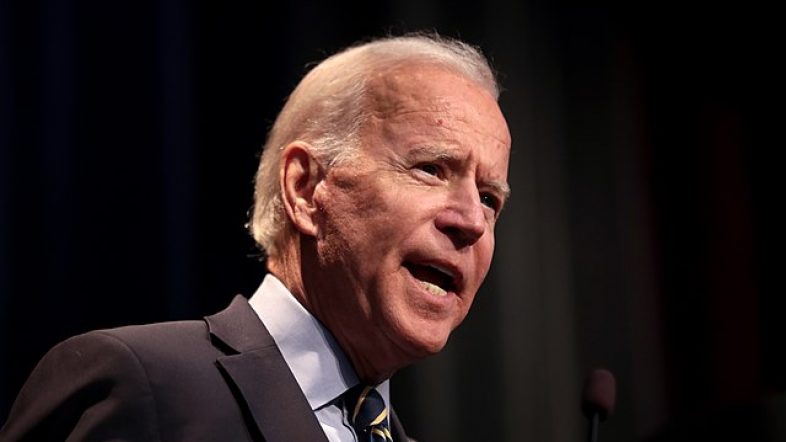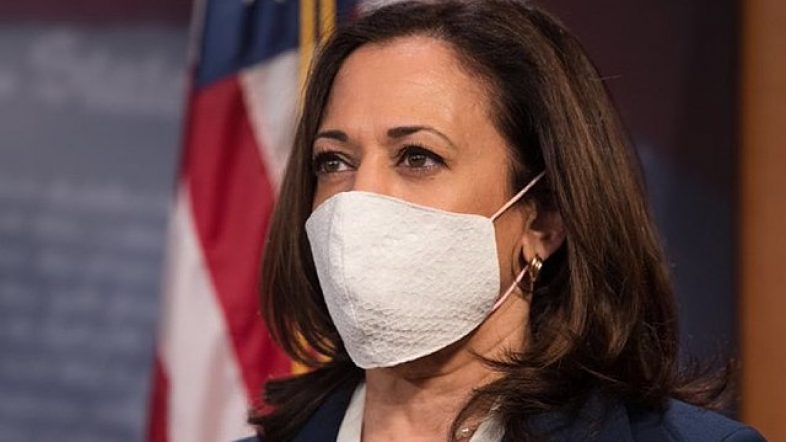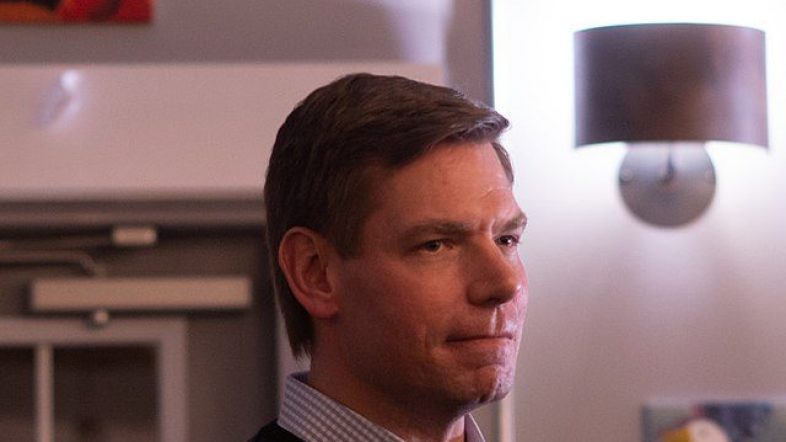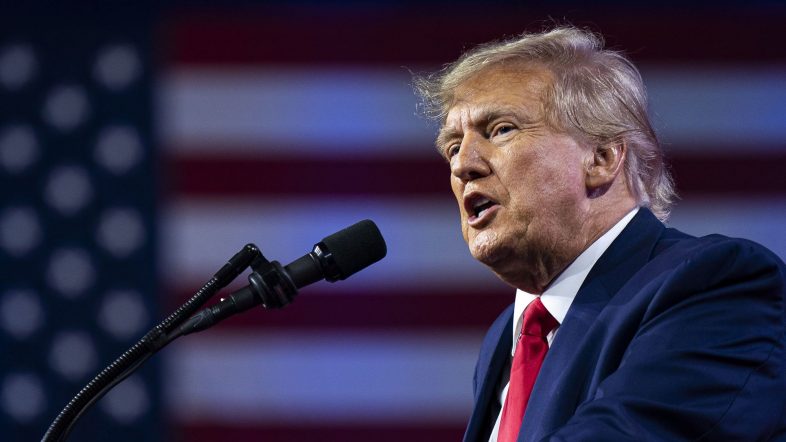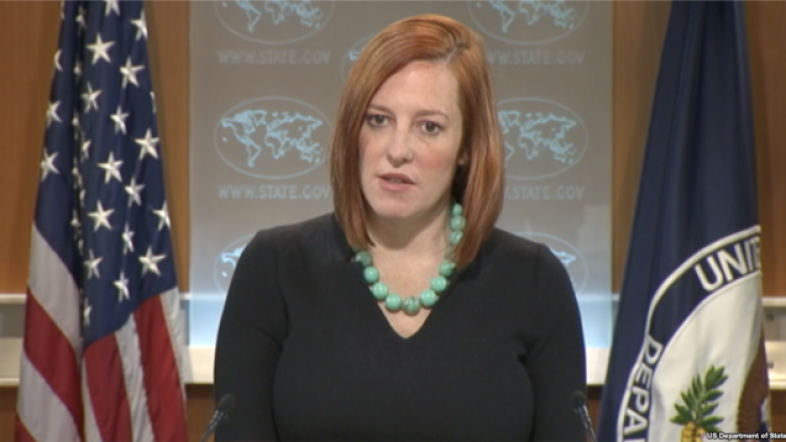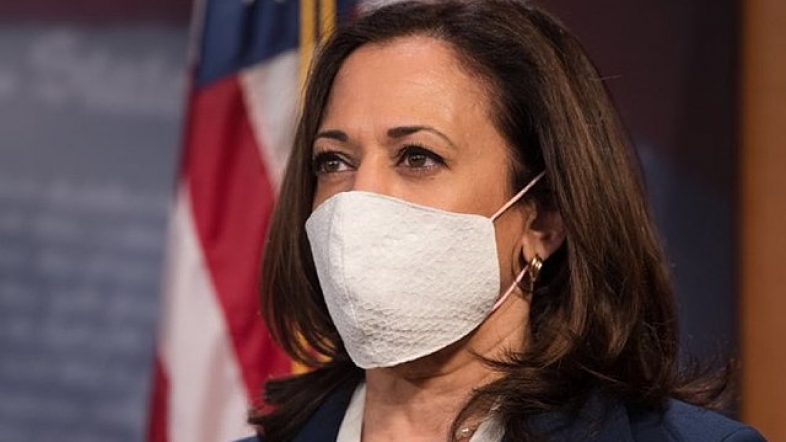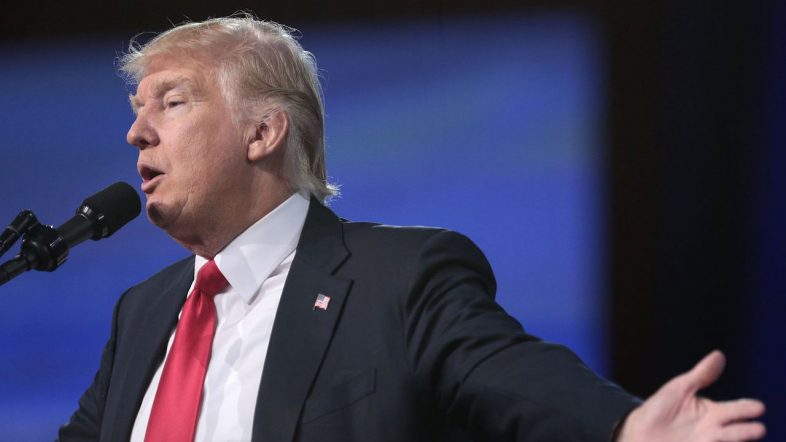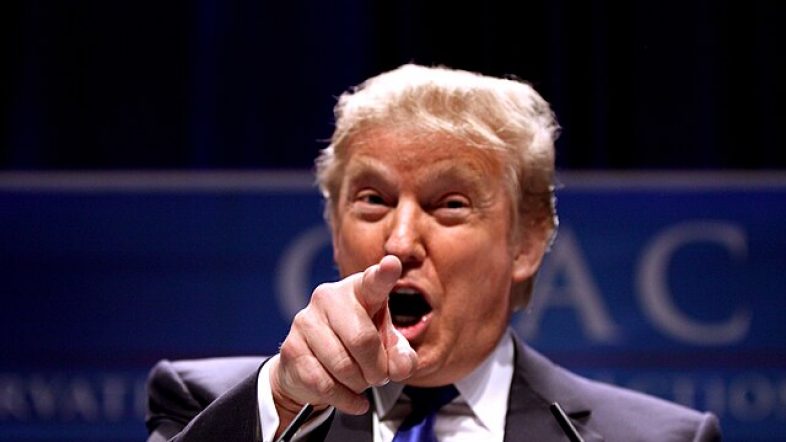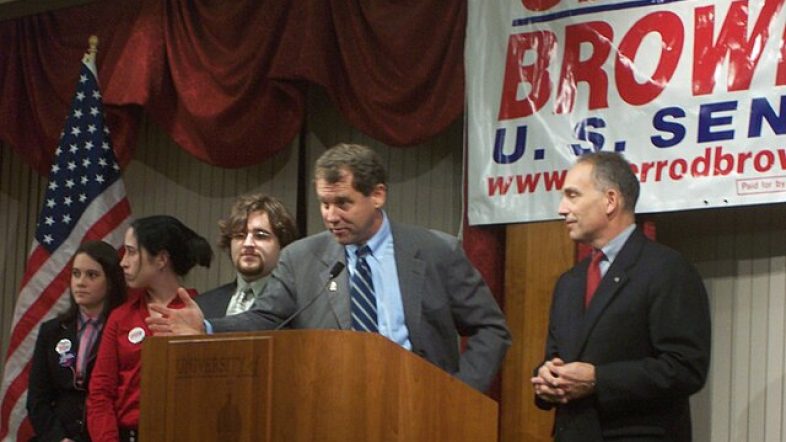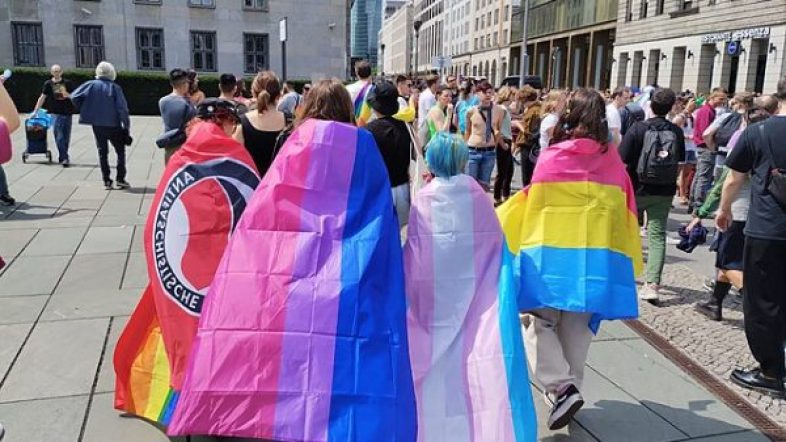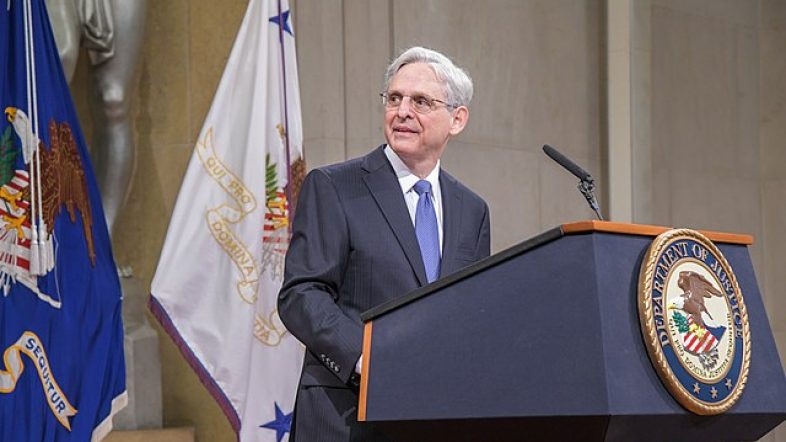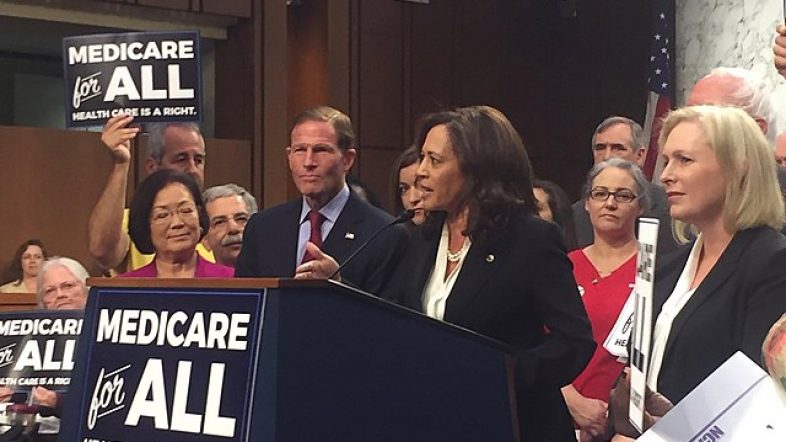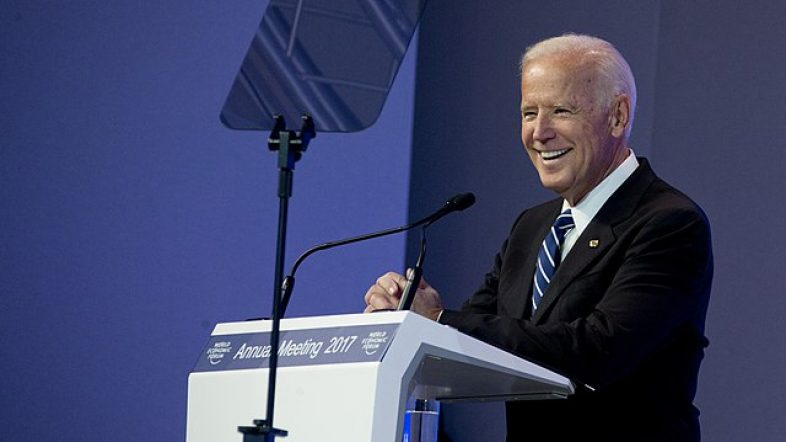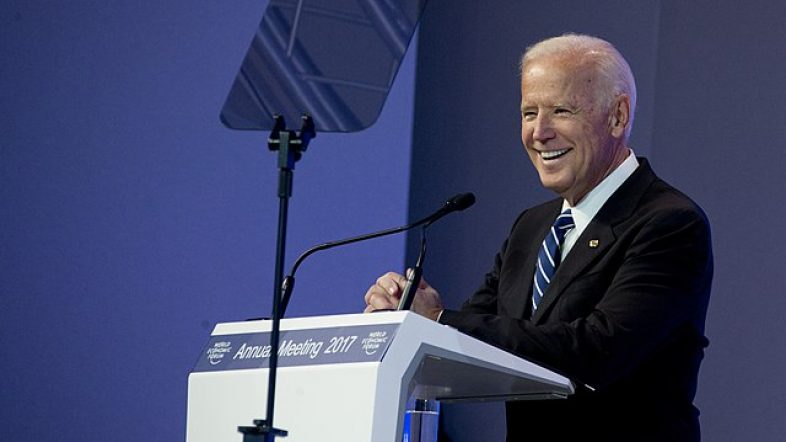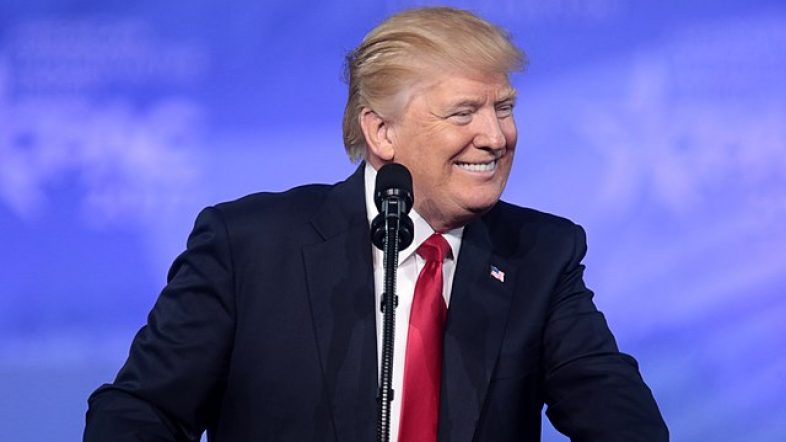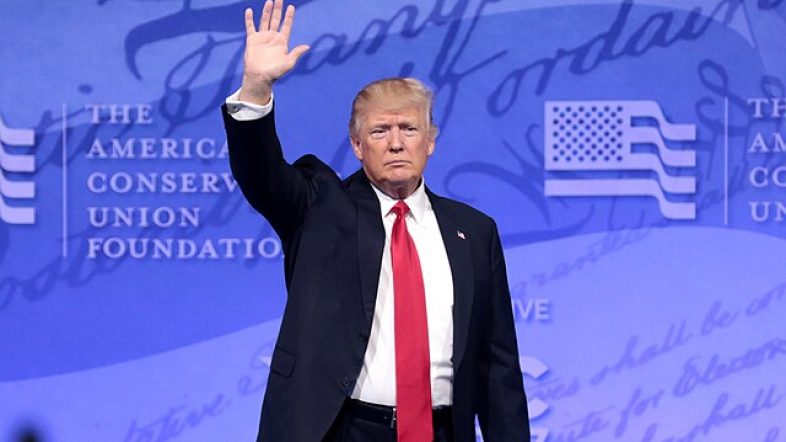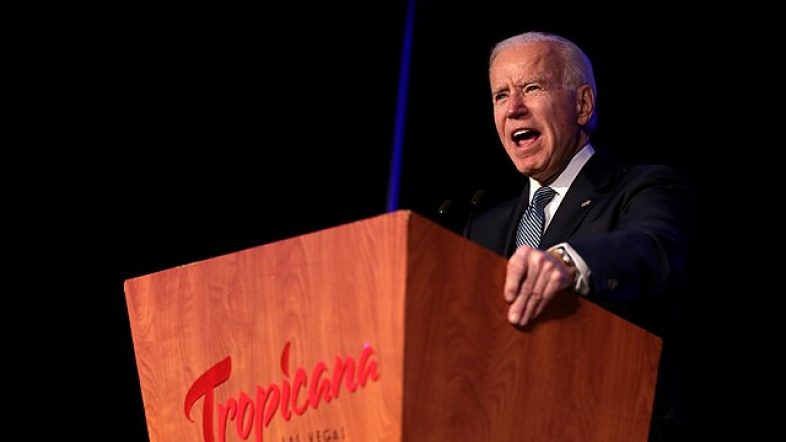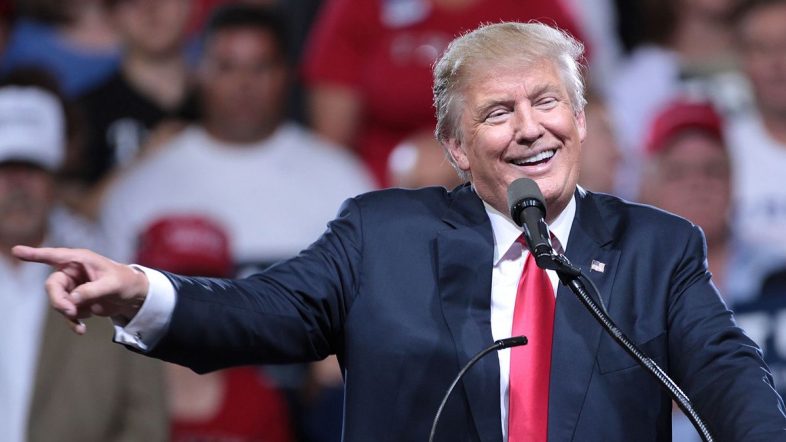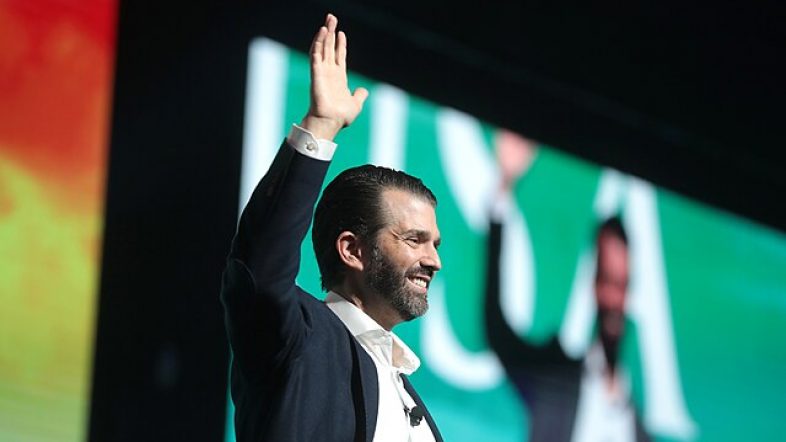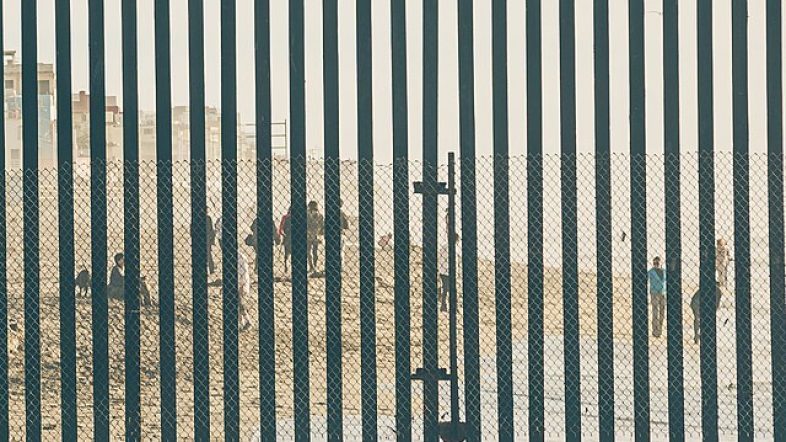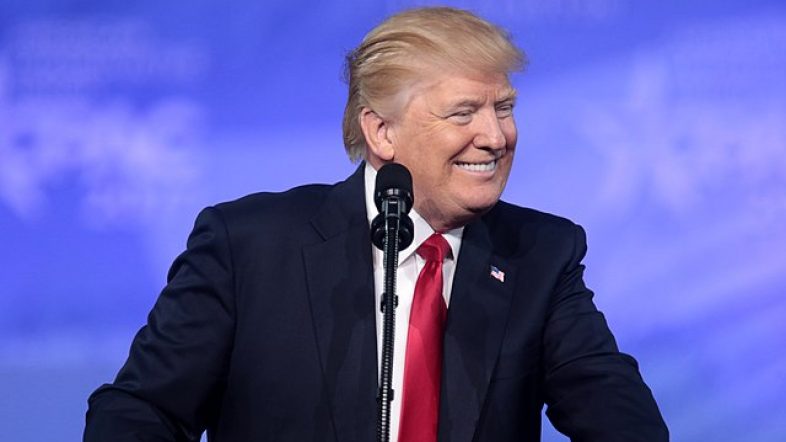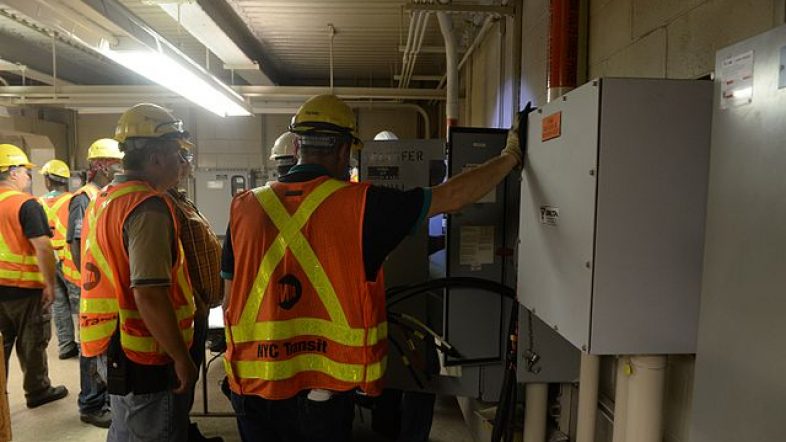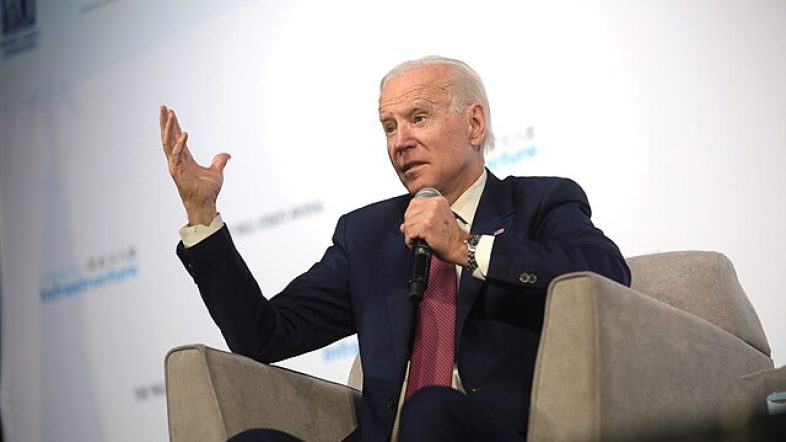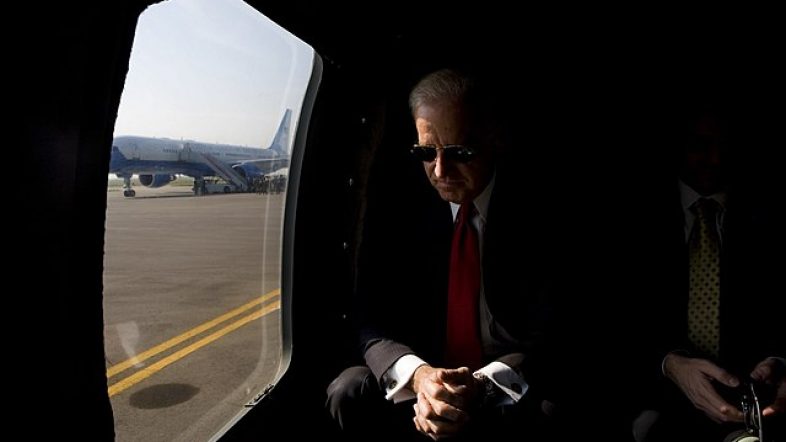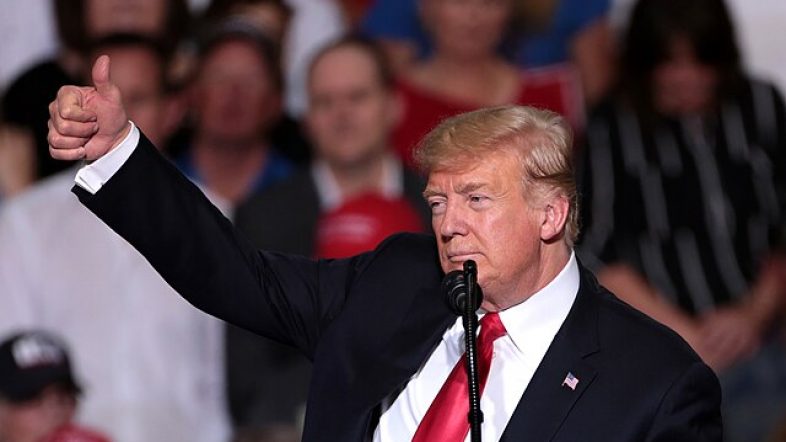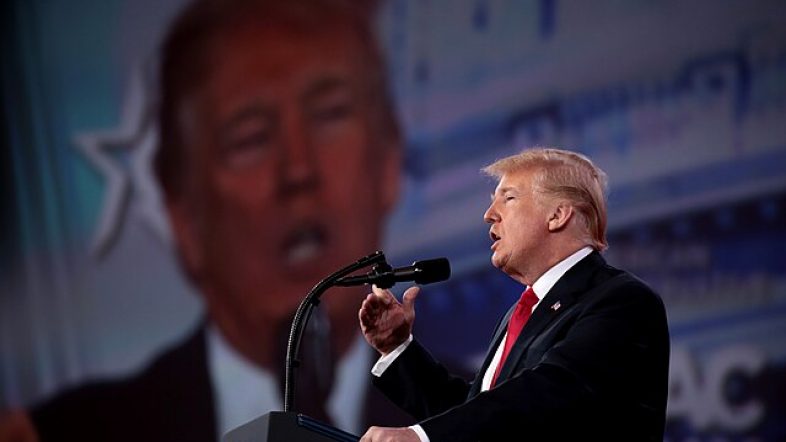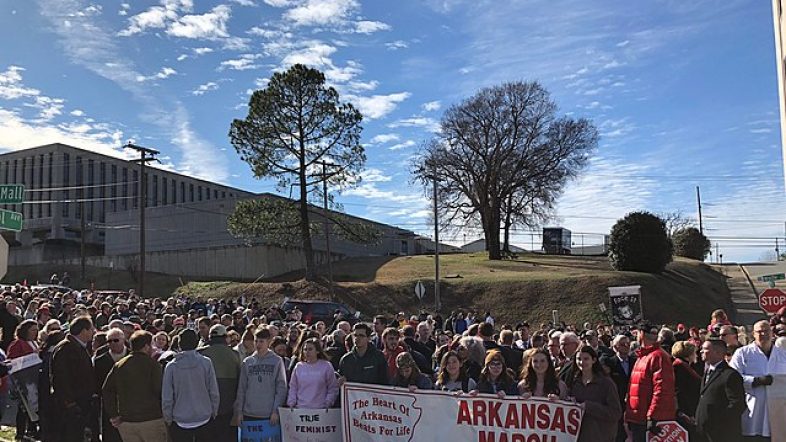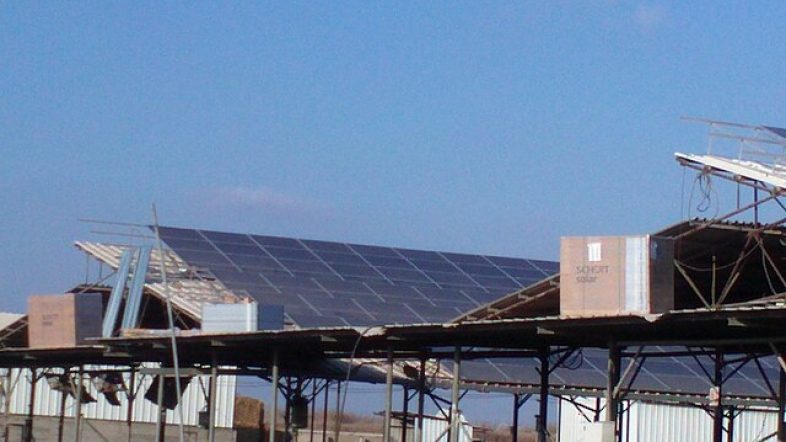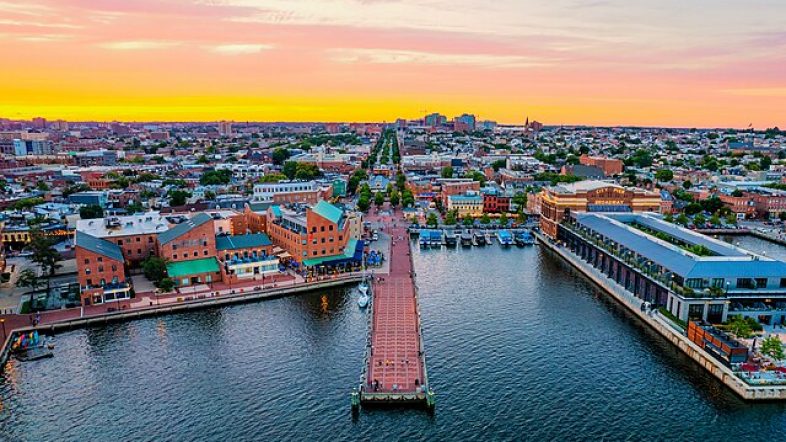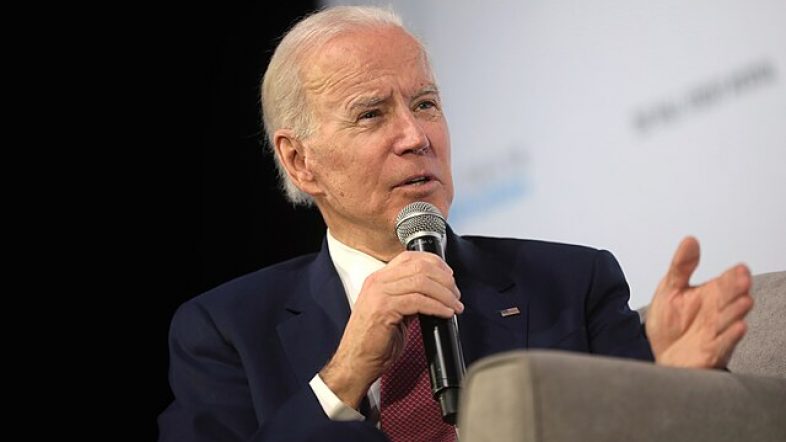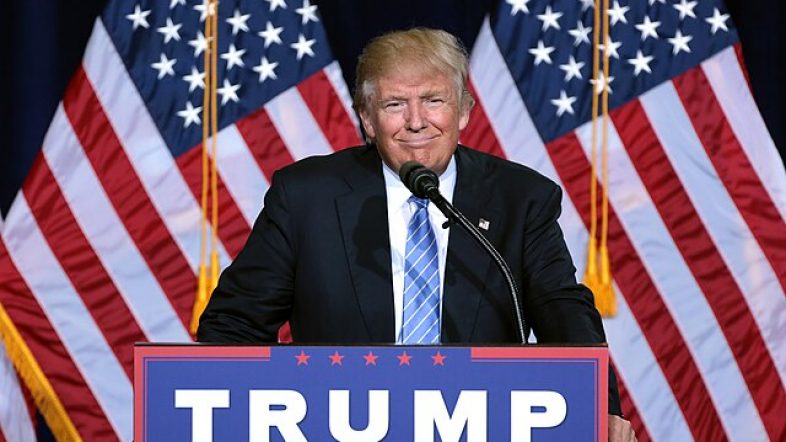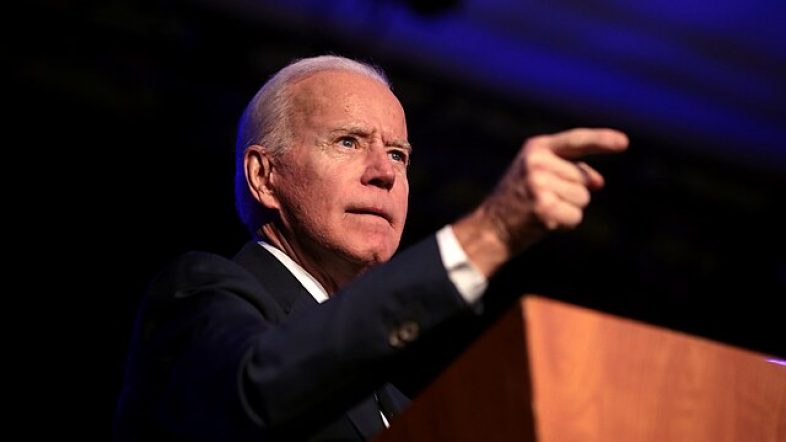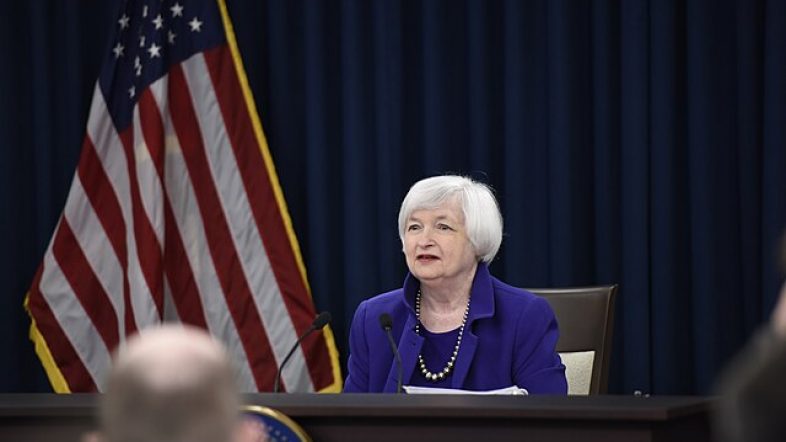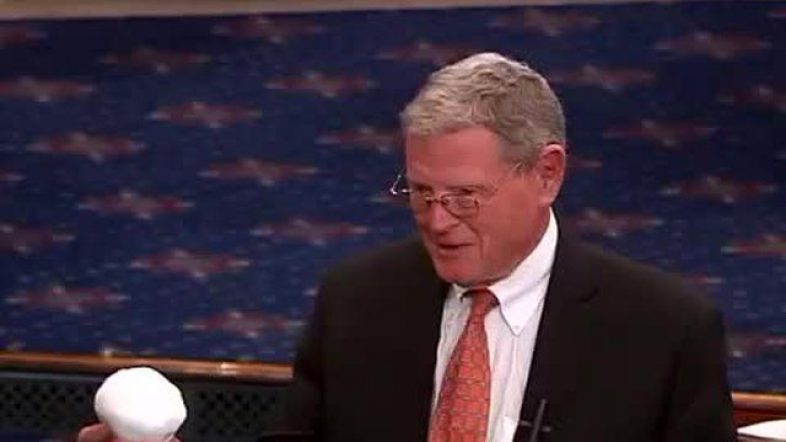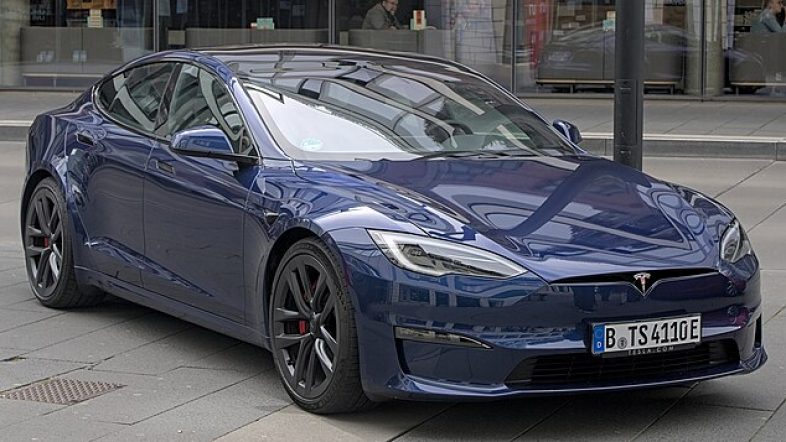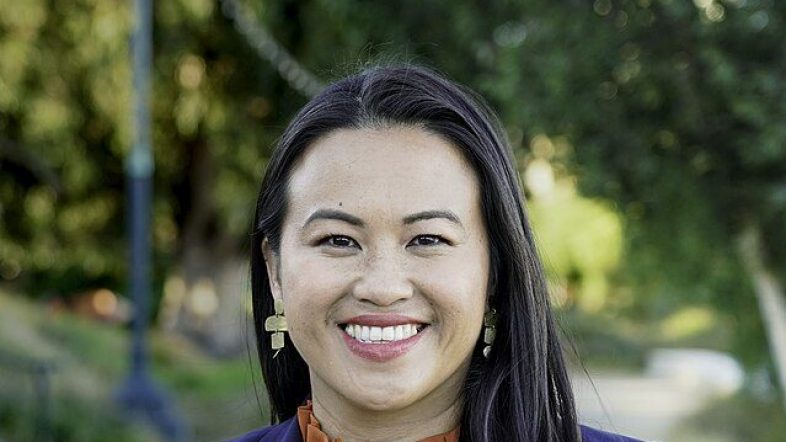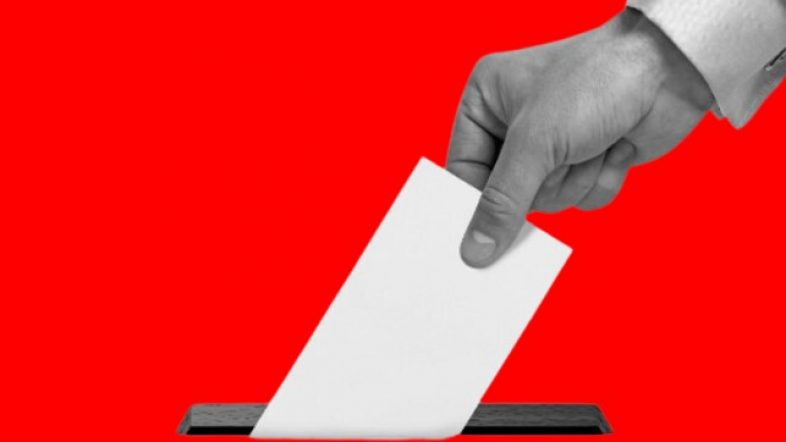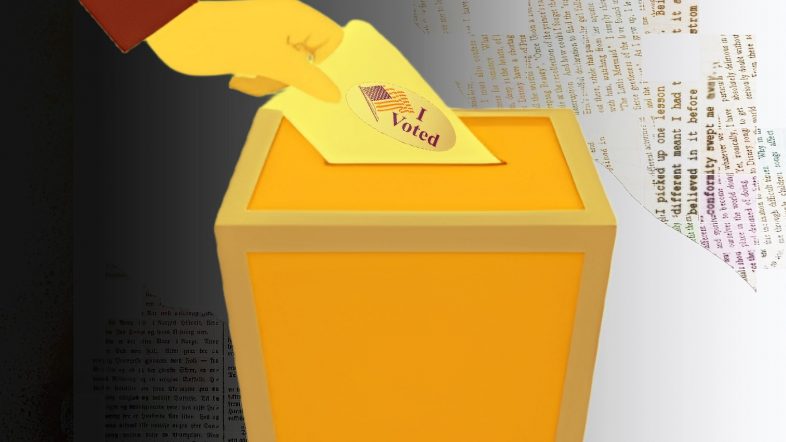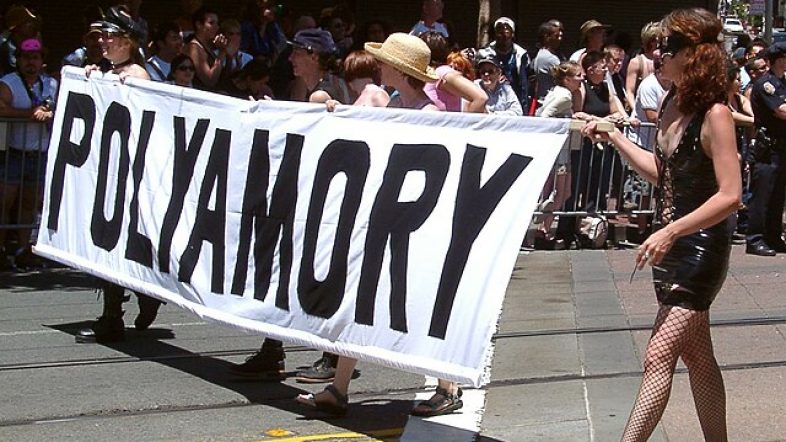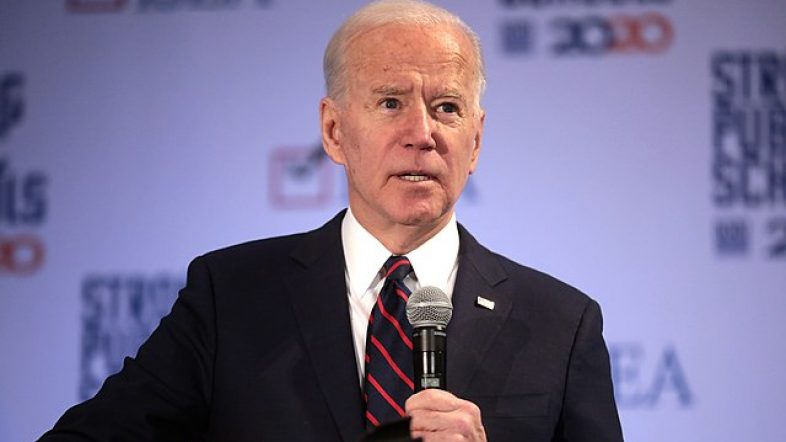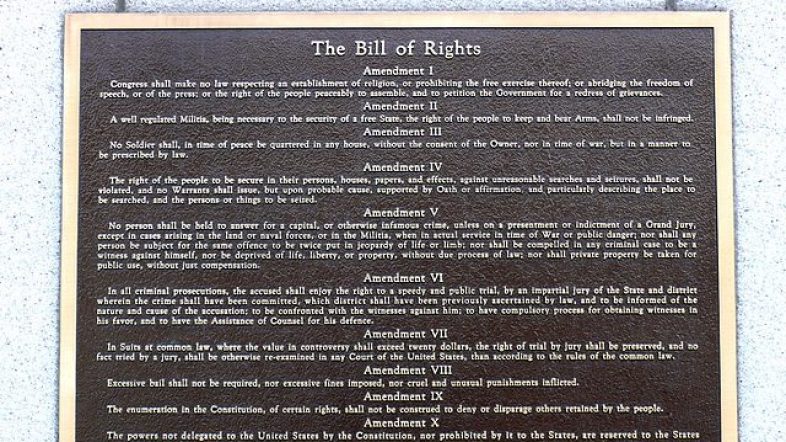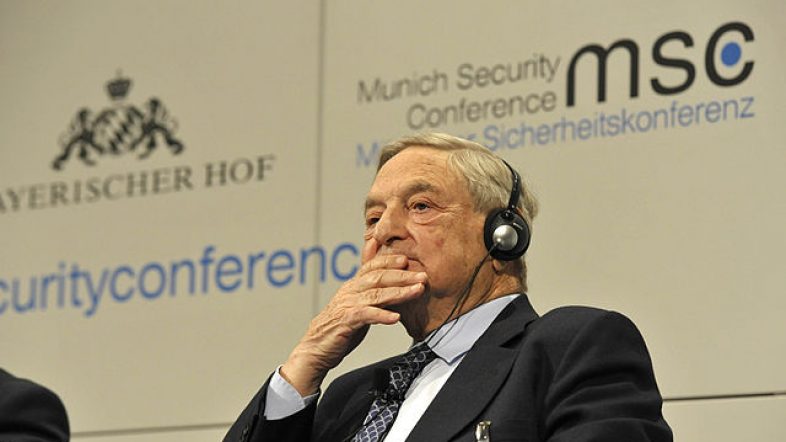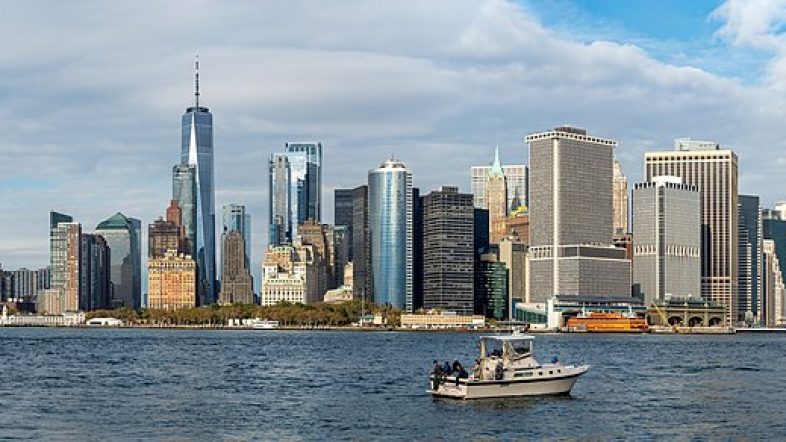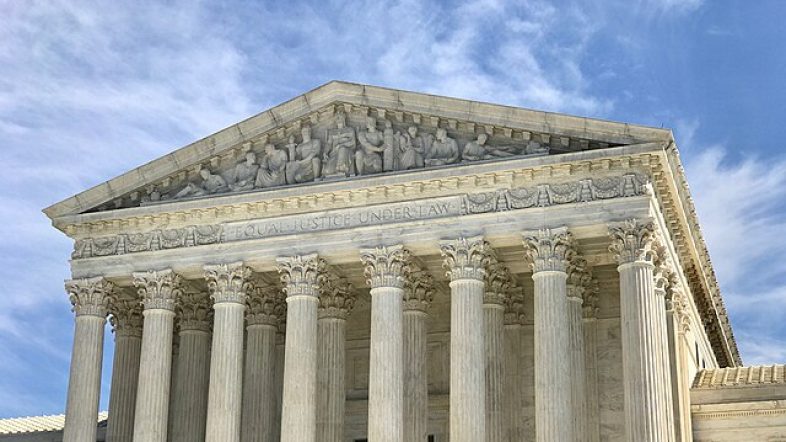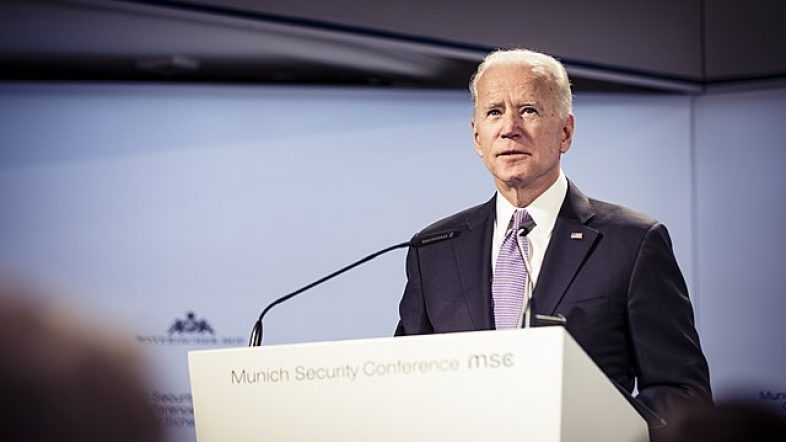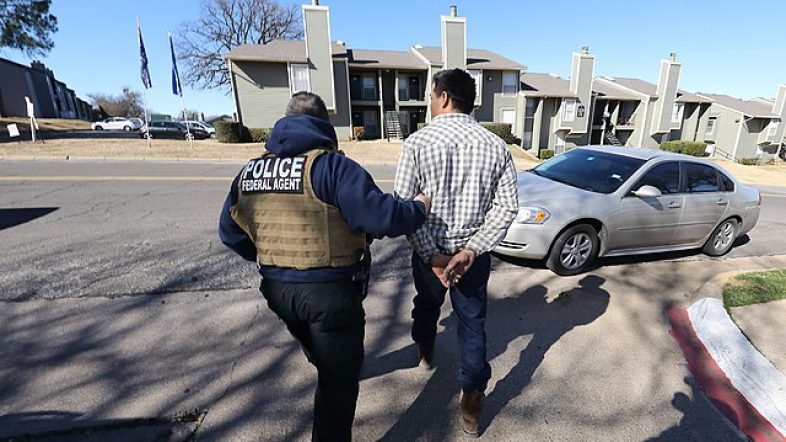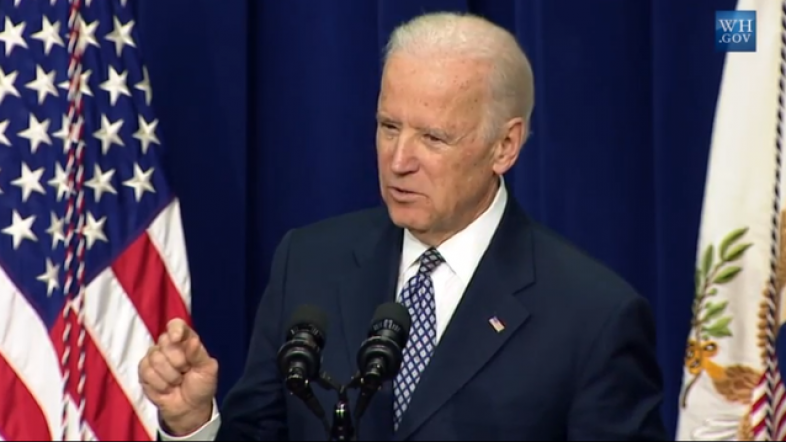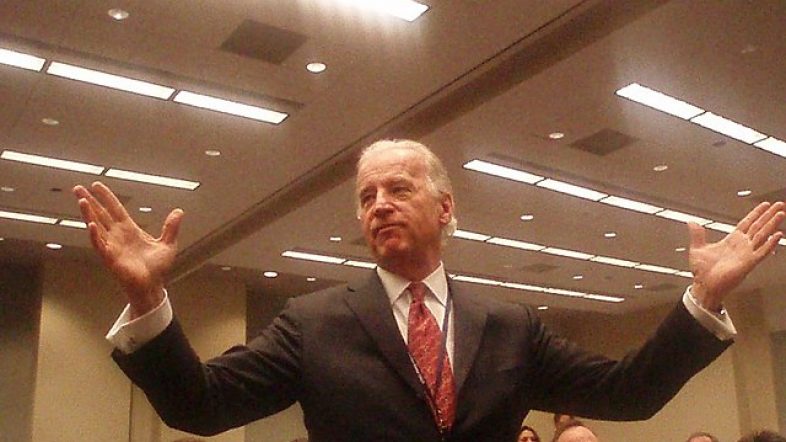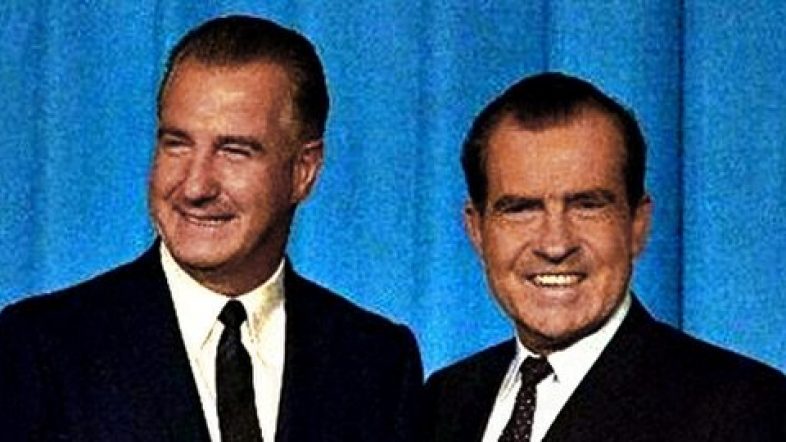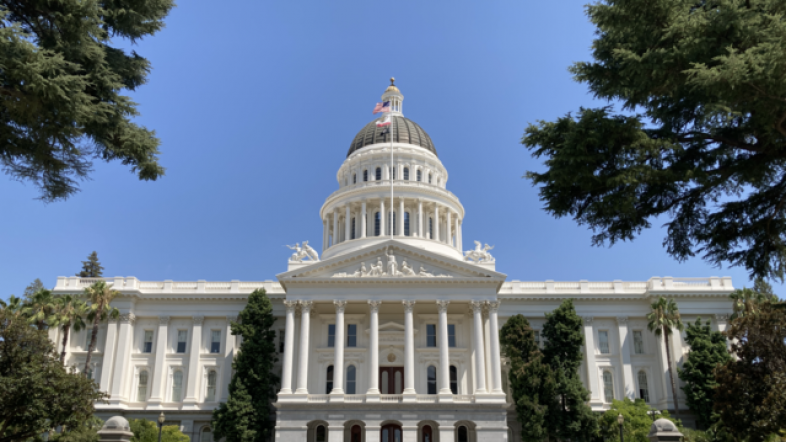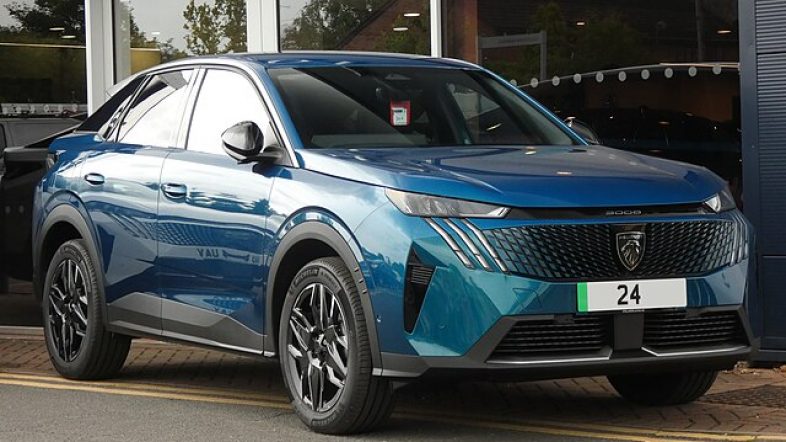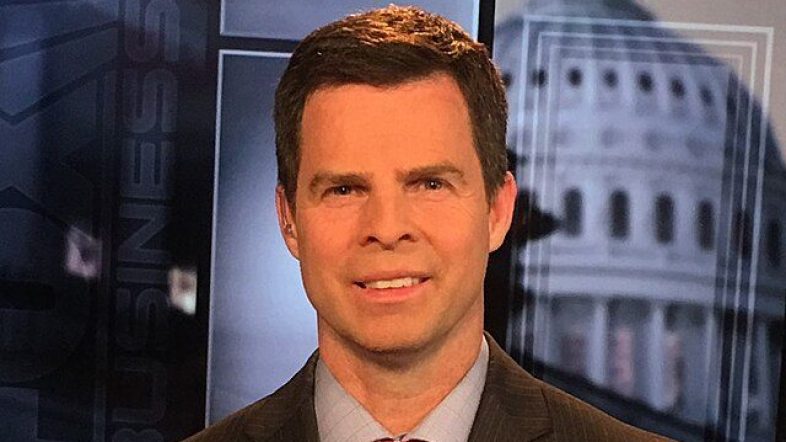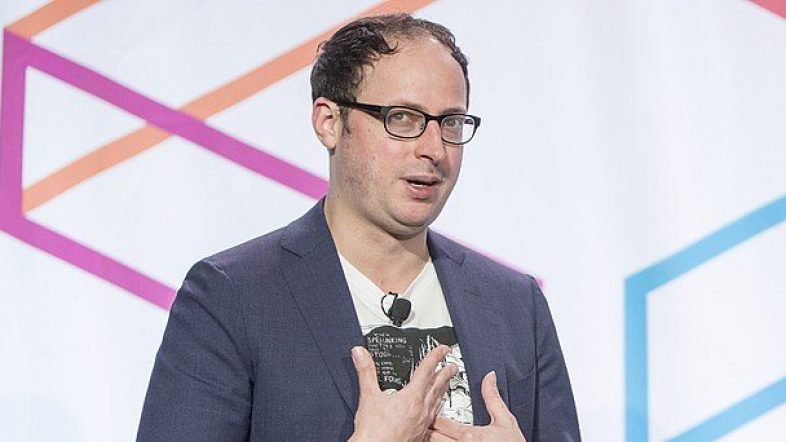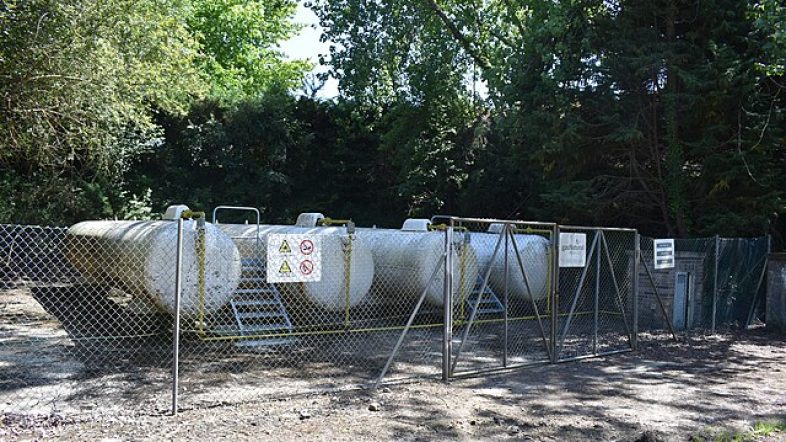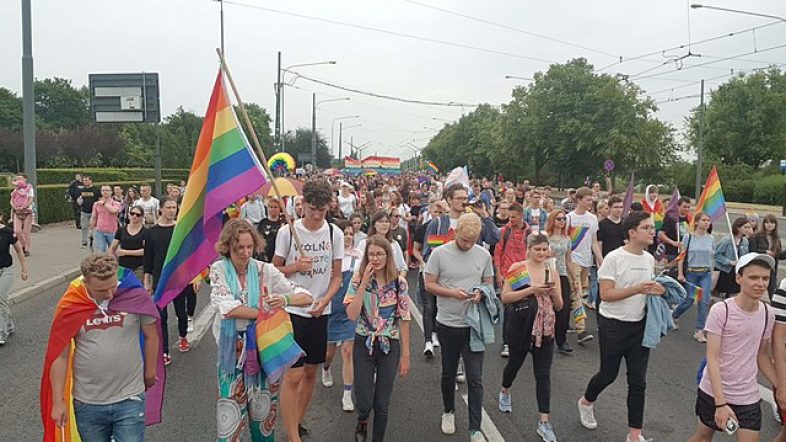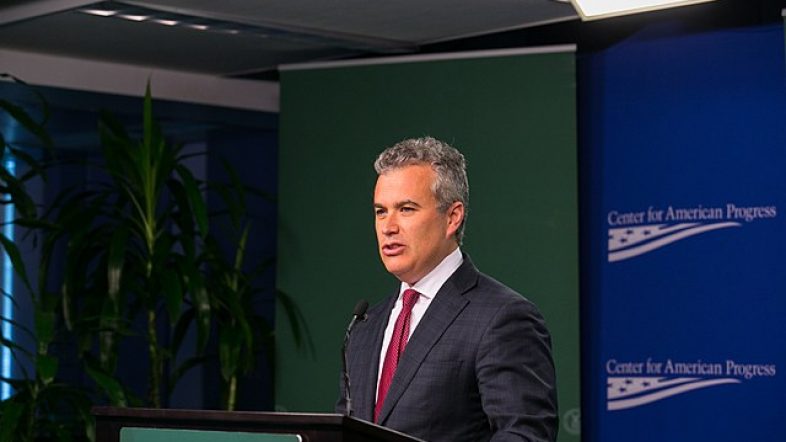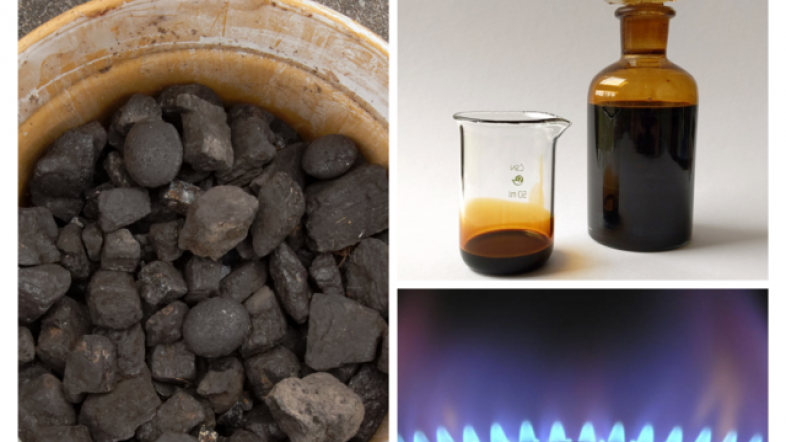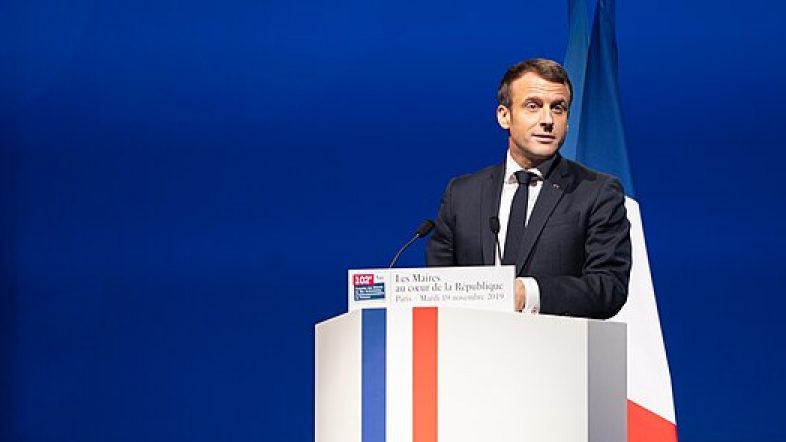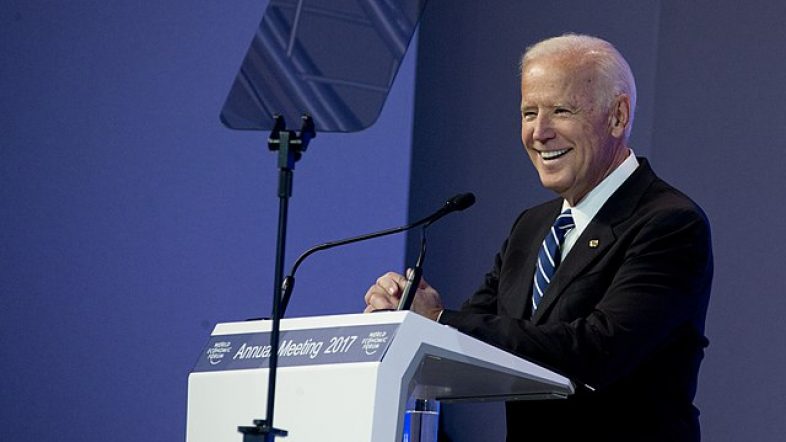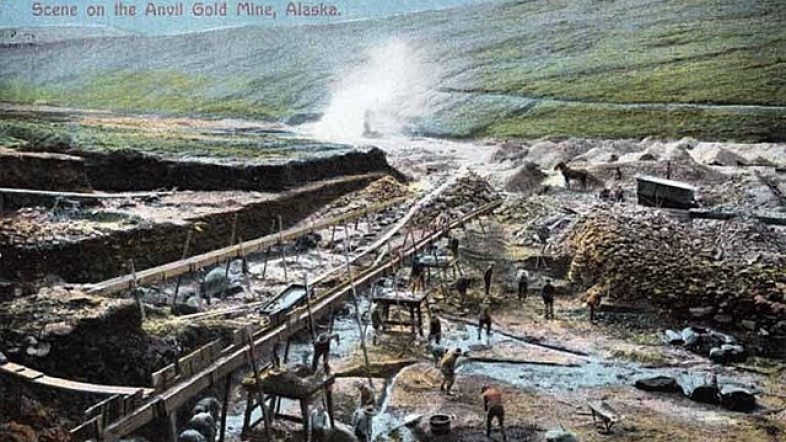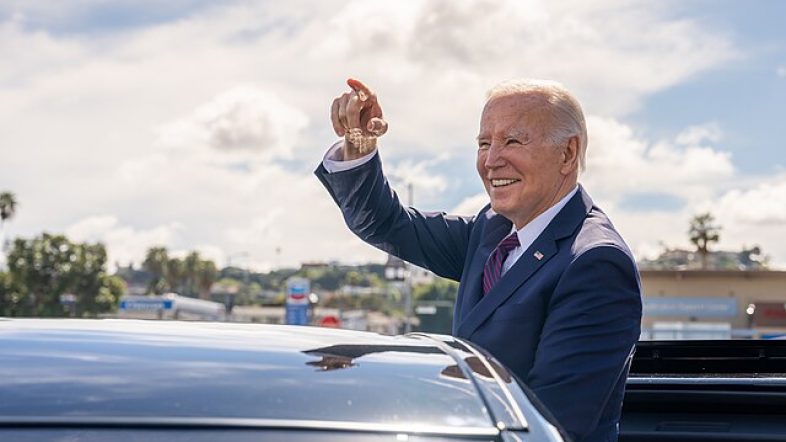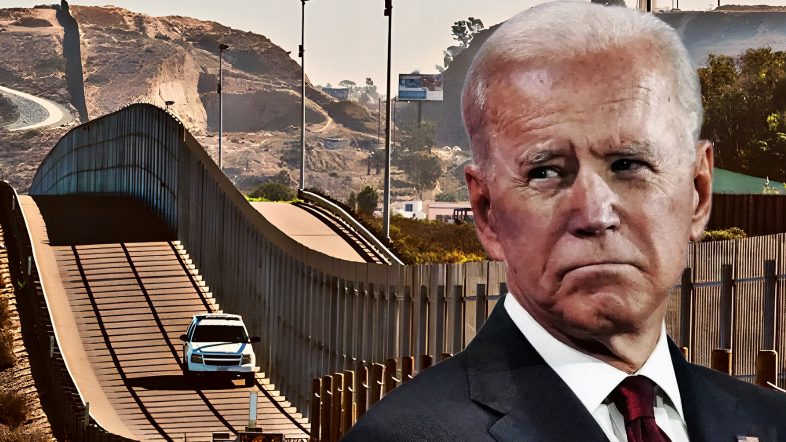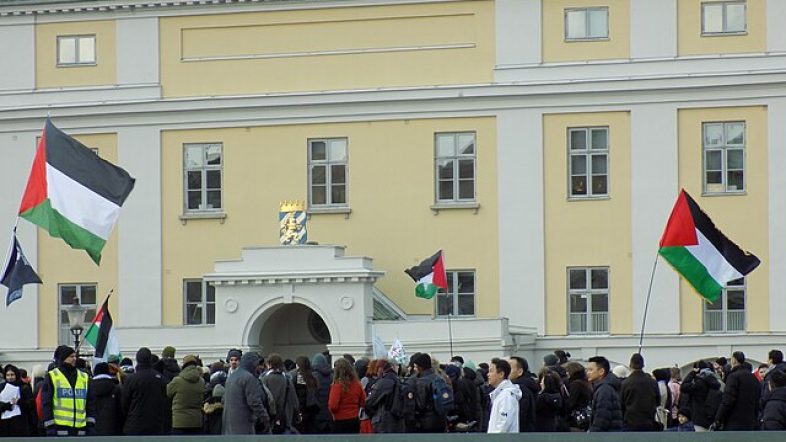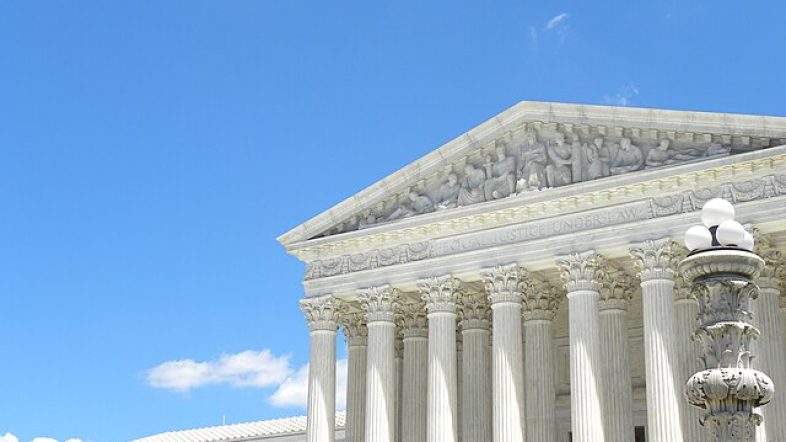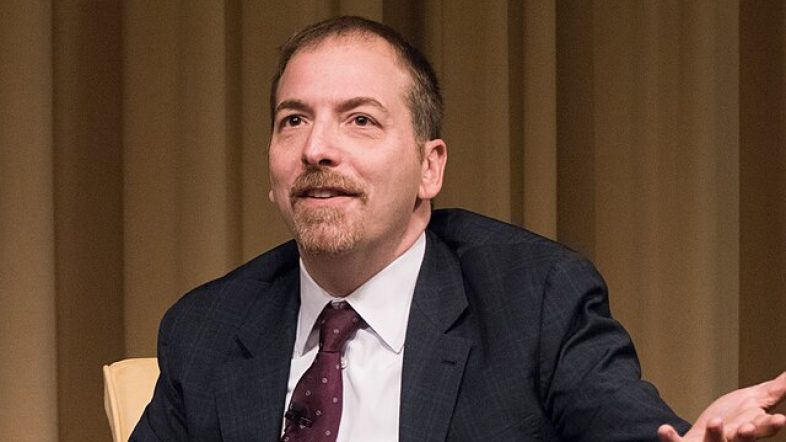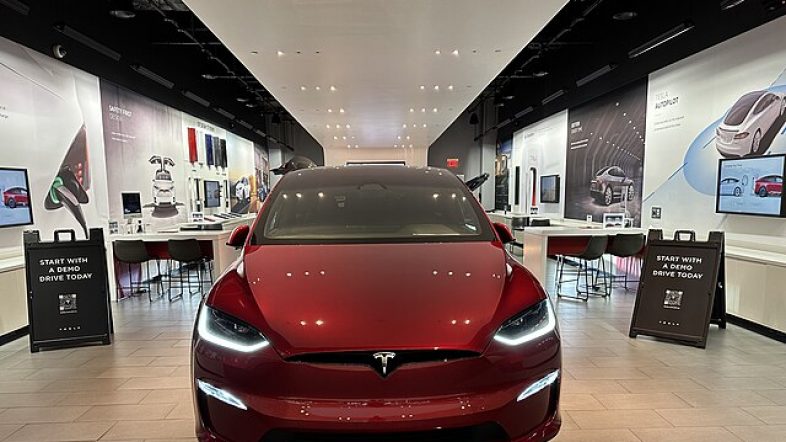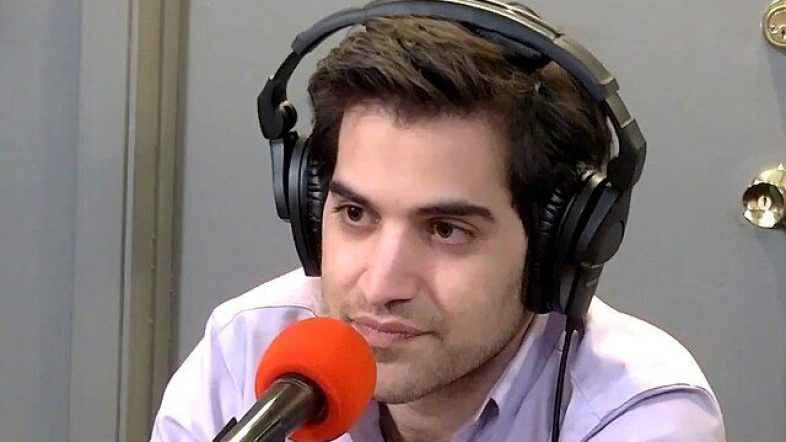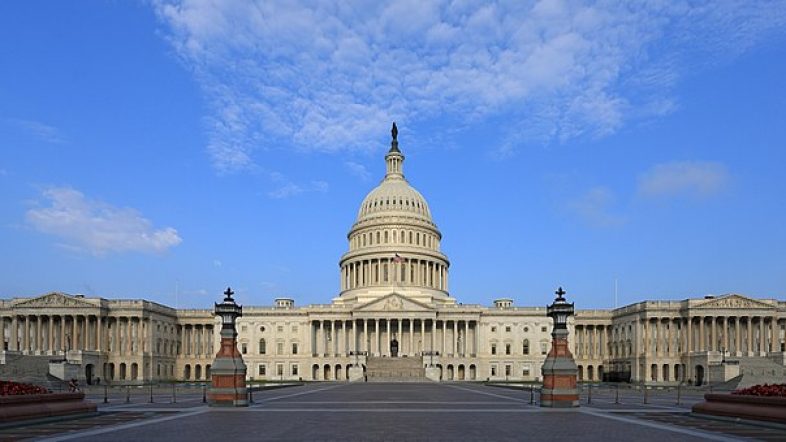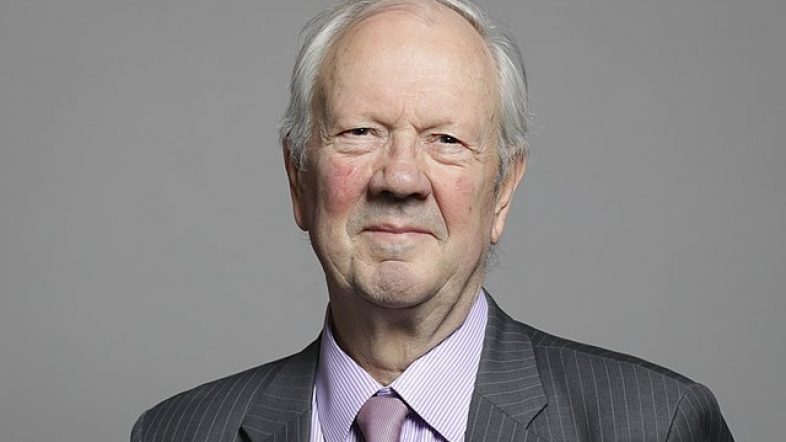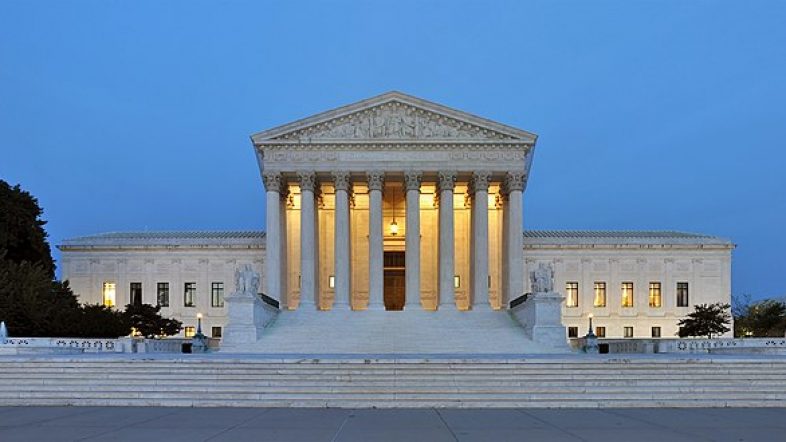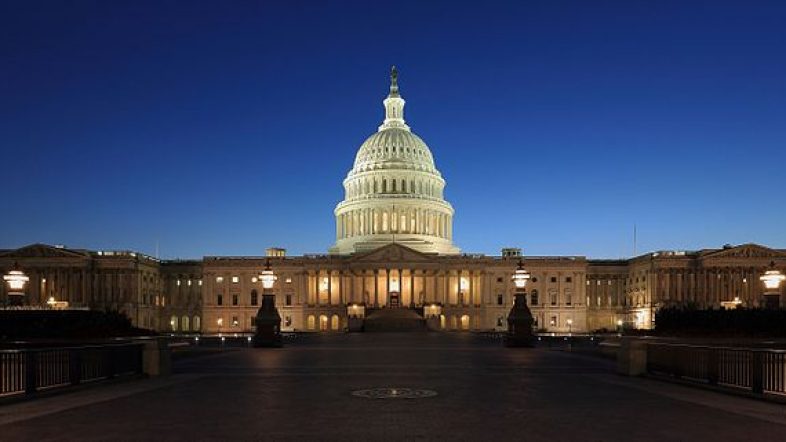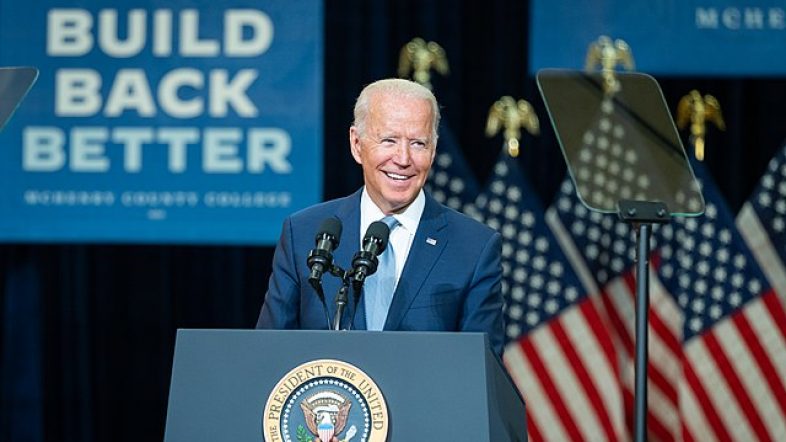Dozens of corporations have established new operations in New York state with the help of generous subsidies from the state and President Joe Biden’s signature laws despite the state’s unfriendly business environment.
The Biden administration takes credit for attracting billions of private sector dollars to establish dozens of new manufacturing factories and projects in New York with the CHIPS Act, the 2021 bipartisan infrastructure law and the Inflation Reduction Act (IRA), President Joe Biden’s signature climate law. The subsidies and incentives unleashed by those laws, as well as assistance provided by New York, are overpowering the state’s poor business climate, at least for now, according to economists who spoke with the Daily Caller News Foundation.
The Biden administration’s domestic agenda has played a leading role in bringing a combined $95 billion of private sector investment into manufacturing goods like semiconductor chips, electric vehicles (EVs), EV batteries, green energy technology and more, according to Invest.gov, a government website that tracks spending from Biden’s major laws. Companies have announced plans to build more than 60 manufacturing facilities in the state.
“Subsidies make taxpayers worse off because that subsidy money has to come from somewhere—the taxpayers. That money could have had other uses,” Ryan Young, a senior economist for the Competitive Enterprise Institute, told the DCNF. “People who agree with Biden’s economic policies are more likely to ask for handouts than are skeptics. New York’s Democratic tilt means that it will naturally have more such supporters applying for grants. That selection bias, plus a large population, means that it makes sense for New York to have a lot of subsidized projects. Many of them will be counterproductive because subsidies make companies uncompetitive and dependent on government, and are vulnerable to cronyism. But the math makes political sense.”
New York also has unfavorable tax and permitting rules that make it less hospitable to businesses than other states, Young added.
The Tax Foundation ranked New York second-to-last of all states in terms of its corporate tax environment in its 2024 State Business Tax Climate Index. The state has the highest overall tax burden of any state in the U.S. and the worst business climate of every state other than one, according to the Heritage Foundation.
The exodus of businesses from New York state accelerated during the pandemic, with more than 5,000 businesses departing Manhattan alone between 2020 and 2021, according to the Heritage Foundation. However, fleeing businesses are a longer term trend in the state, which has endured overall losses of businesses to other states every year from 1994 to 2023.
Despite its high taxes, the state is set to have a budget deficit of at least $4 billion in fiscal year 2025, according to City Journal. The state had the highest amount of state and local debt per capita of any other state in the country in 2021 despite collecting $118 billion in tax revenues, according to the Heritage Foundation.
Additionally, industrial and commercial electricity in New York is relatively expensive compared to the rest of the country and some other states in the region. Commercial electricity costs considerably more in New York than in neighboring states like Pennsylvania and New Jersey, while rates for industrial electricity are higher than those seen in the Southeast and numerous other states, though New York’s prices are not exceptionally high relative to the rest of the U.S. overall, according to data from the U.S. Energy Information Administration.
“You’re looking at the danger of giving painkillers to somebody who needs an appendectomy,” Ken Girardin, director of research at the New York-focused Empire Center, told the DCNF about the infusion of subsidized investment into the state. “When the feds start sprinkling cash, and saying everything’s okay, that distracts away from pretty serious pre-existing conditions that are holding back growth … Maybe the businesses are doing deals because the numbers work for that. The place where the numbers aren’t working are for the general public.”
Ribbon-cuttings and new subsidized investments do not address the underlying, fundamental issues with the business environment in the state, Girardin added.
Marc Joffe, a policy analyst at the libertarian Cato Institute, conveyed a similar interpretation of New York’s business environment in light of the investment pouring into the state with the help of Biden’s laws.
“On the one hand, they offer all these subsidies, but on the other hand, there’s a lot of taxes and regulation, and that just makes it hard to win,” Marc Joffe, a policy analyst at the libertarian Cato Institute, told the DCNF. “Ultimately, places like New York have political leaders who are very hostile to business, and especially big business. And so, if the company does very well and becomes very profitable from the operations it has in the state, it can get into the crosshairs of progressive politicians who don’t like that.”
New York City, Albany and Rochester have highly-educated workforces that may make the state more attractive to companies despite the business environment, and cheaper land in economically depressed regions also provides an opportunity for enterprises thinking about New York as an operations site, Joffe added.
The office of Democratic New York Gov. Kathy Hochul and the White House did not respond to requests for comment.




